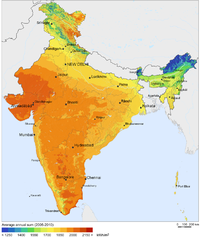Difference between revisions of "ICT student textbook/Data can tell stories"
Jump to navigation
Jump to search
| Line 13: | Line 13: | ||
=What prior skills are assumed= | =What prior skills are assumed= | ||
| − | #Creating folders and saving files | + | #[[Learn Ubuntu|Creating folders and saving files]] |
#Opening a given file with the correct application | #Opening a given file with the correct application | ||
| − | #Familiarity with using a key board | + | #[[Learn Tux Typing|Familiarity with using a key board]] |
=Resources needed = | =Resources needed = | ||
| Line 21: | Line 21: | ||
#Data in the form of bar graphs, pictographs, maps (images) | #Data in the form of bar graphs, pictographs, maps (images) | ||
#Computer lab with projection | #Computer lab with projection | ||
| − | #Access to internet | + | #[[Learn Firefox|Access to internet]] |
#Handout - [[Learn Ubuntu]] | #Handout - [[Learn Ubuntu]] | ||
#Handout - [[Learn LibreOffice Writer]] | #Handout - [[Learn LibreOffice Writer]] | ||
Revision as of 16:06, 10 November 2016
Data can tell stories
Objectives
- Understand that data can be in different formats
- Reading different kinds of data to make meaning
- Analyzing and expressing
What prior skills are assumed
- Creating folders and saving files
- Opening a given file with the correct application
- Familiarity with using a key board
Resources needed
Hardware, software, Files
- Data in the form of bar graphs, pictographs, maps (images)
- Computer lab with projection
- Access to internet
- Handout - Learn Ubuntu
- Handout - Learn LibreOffice Writer
Digital skills
- Navigating a folder
- Opening multiple files with multiple applications
- Text entry (local languages)
Description of activity with detailed steps
Teacher led activity
Student activities
- Folders with different data sets will be shared on each computer
- Each group of students will get one data set to work with - this will comprise maps, satellite images, pictographs and bar graphs. Your teacher will also give you a set of questions for each data set.
- # Summarize your findings in a text document. Data sets are given below:
Rainfall
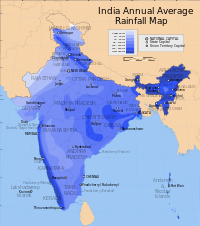
|
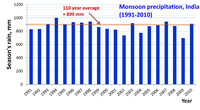
|
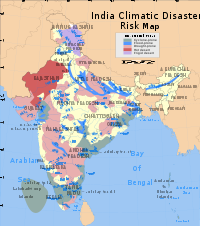
|
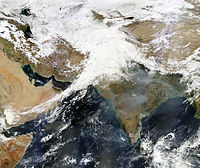
|
Pictographs-one per group
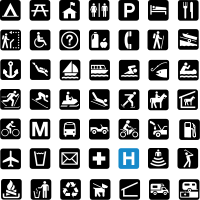
|
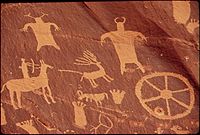
|
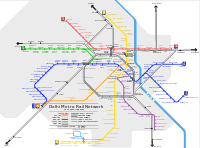
|
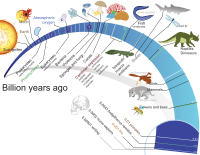
|
India's forests
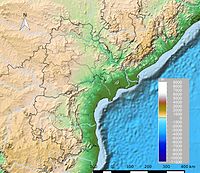
|
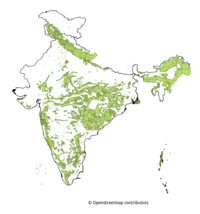
|
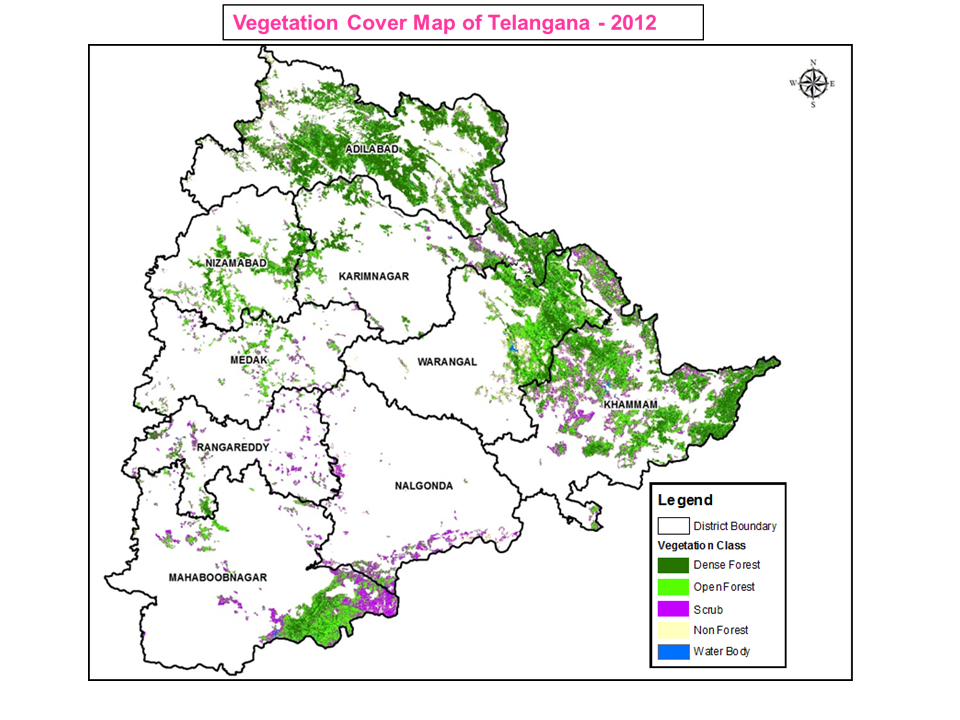
|
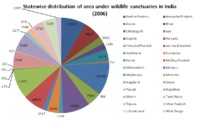
|
Portfolio
- Make a concept map, as shown by your teacher, to share your findings:
- What is the data about
- What forms of representation did you study?
- What are the advantages of each representation?
- What did you conclude from the data?
- Have you studied about this before?
- What more do you want to know
- Text document with analysis of data

